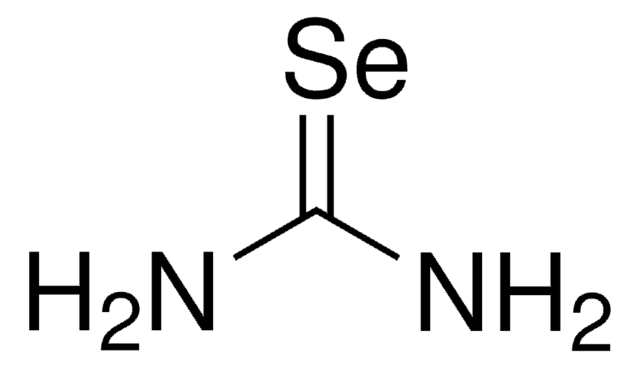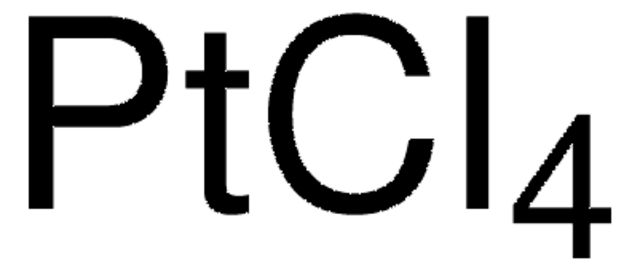202924
Cadmium sulfate hydrate
≥99.995% trace metals basis
Sinónimos:
Sulfuric acid cadmium salt hydrate
About This Item
Productos recomendados
assay
≥99.995% trace metals basis
form
powder and chunks
reaction suitability
reagent type: catalyst
core: cadmium
impurities
≤50.0 ppm Trace Metal Analysis
SMILES string
O.[Cd++].[O-]S([O-])(=O)=O
InChI
1S/Cd.H2O4S.H2O/c;1-5(2,3)4;/h;(H2,1,2,3,4);1H2/q+2;;/p-2
InChI key
VRFRVKRTIMIRNG-UHFFFAOYSA-L
¿Está buscando productos similares? Visita Guía de comparación de productos
Application
signalword
Danger
Hazard Classifications
Acute Tox. 2 Inhalation - Acute Tox. 3 Oral - Aquatic Acute 1 - Aquatic Chronic 1 - Carc. 1B - Muta. 1B - Repr. 1B - STOT RE 1
target_organs
Bone,Kidney,Respiratory system
Storage Class
6.1B - Non-combustible acute toxic Cat. 1 and 2 / very toxic hazardous materials
wgk_germany
WGK 3
flash_point_f
Not applicable
flash_point_c
Not applicable
ppe
Eyeshields, Faceshields, Gloves, type P3 (EN 143) respirator cartridges
Elija entre una de las versiones más recientes:
¿Ya tiene este producto?
Encuentre la documentación para los productos que ha comprado recientemente en la Biblioteca de documentos.
Artículos
In many technologies, performance requirements drive device dimensions below the scale of electron mean free paths (λe). This trend has increased scientific interest and technological importance of electrical resistivities at the nanoscale.
Colloidal quantum dots (CQDs) are semiconducting crystals of only a few nanometers (ca. 2–12 nm) coated with ligand/surfactant molecules to help prevent agglomeration.
Nuestro equipo de científicos tiene experiencia en todas las áreas de investigación: Ciencias de la vida, Ciencia de los materiales, Síntesis química, Cromatografía, Analítica y muchas otras.
Póngase en contacto con el Servicio técnico











